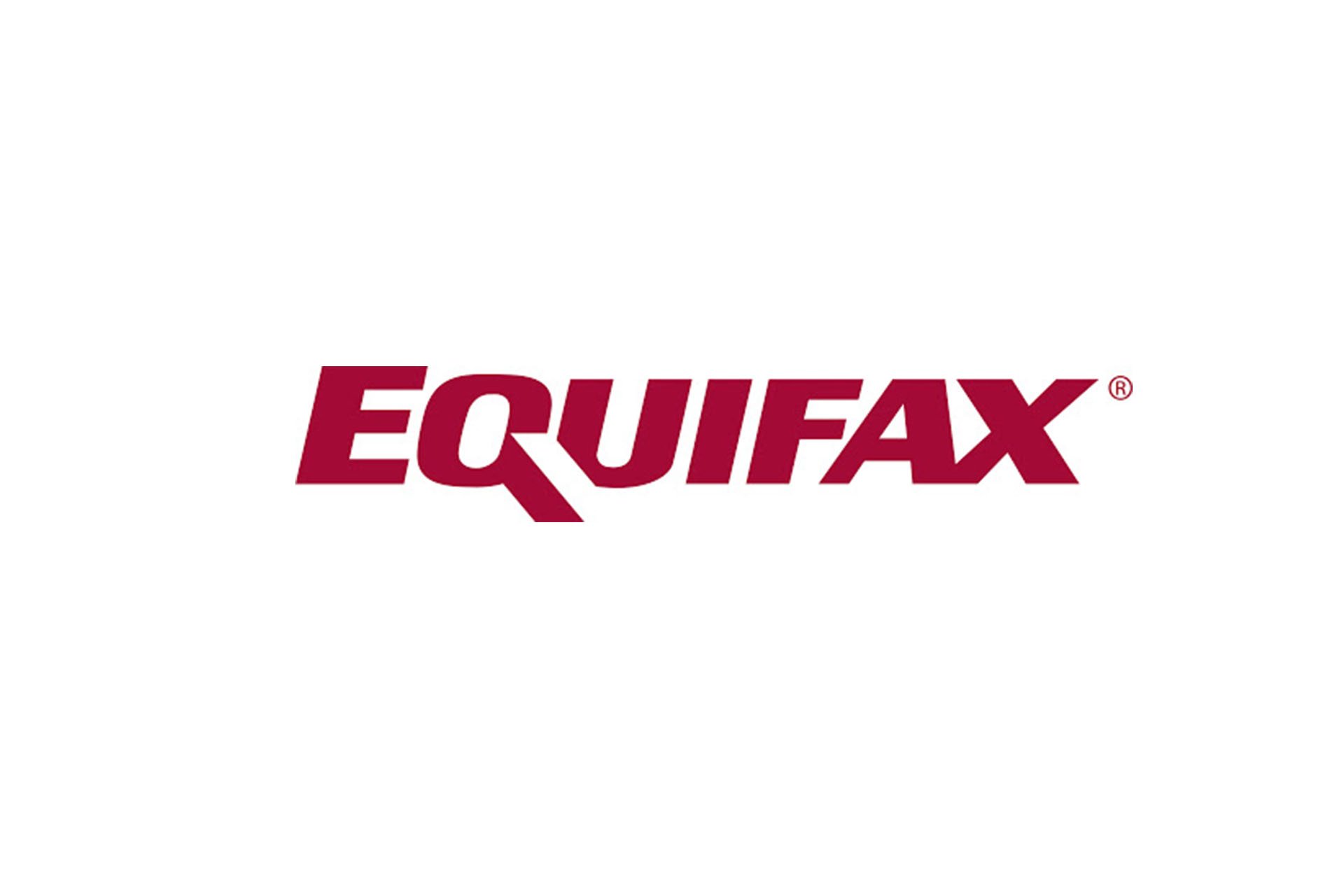
We return flags such as scorable, hit, no-hit, thin file Marketing - Access credit files to pre-screen prospects (non- government). Member reporting/reconciliation - Deliver a complete file with the collection items or the trade data associated to the customer's portfolioĬollection Agency / Lender, Financial Institution or OtherĬonsumer's debt is restructured or settled, reducing or to reduce the outstanding amount owing and/or otherwise enabling payment/recovery of the debt with or without a debt settlement agreementįraud Monitoring - We will return trigger alerts, scores and SafeScan products such as "confirmed true name fraud" Student loan repayment maintenance after the loan enters the repayment stage and/or otherwise enabling payment/recovery of the debtĭebt recovery (industry codes ending with X) Keep an eye out for signs that your child’s information is being used fraudulently, such as billing statements or collections letters in your child’s name, or preapproved credit card or other financial offers addressed to your child.(Yes = Equifax will return the file and all products)Ĭommercial loan with a principal bureau pull: any principal's file that is frozen will not be returned, nor should be used in the business loan's credit adjudication flowĮligibility for social services Providing or Extending social benefits Pull their credit report once a year, even if it’s frozen, just to make sure there’s no odd activity. Review any financial accounts they may have for any suspicious activity, such as savings accounts and 529 education plans. Monitor your child’s online activity and teach them safe practices, such as using secure passwords and keeping certain types of information – like birth dates – private. Similarly, don’t tell your child their social security number until they are old enough to need it themselves and understand the importance of security.

Access should be limited and only to those you trust. Birth certificates, social security cards, passports and other documents with sensitive information should be locked away. “Knowing that the biggest threat for child identity theft comes from inside the family or friend group, you want to take other steps,” than just a credit freeze, said Al Pascual, head of security and fraud for Javelin.įirst, secure the child’s personal information.
#Credit freeze equifax license#
Your driver’s license or state- or government-issued identification card.Ĭhildren who are 16 and 17 must request their own credit freezes online at the three national credit bureaus. In some cases, they may need to mail in copies of a driver’s license or state-issued identification.Your child’s birth certificate or other government document showing parentage.Your and your child’s social security cards.You must also mail supporting documents to verify your and your child’s identities and that you’re the legal guardian of your child. You can find instructions for the credit unions websites:Įxperian: TransUnion: Equifax: /assets/personal/Minor_Freeze_Request_Form.pdf. The process, unfortunately, is more cumbersome than freezing your own credit, which can be done online.įor children under 16, parents or guardians must mail in their requests for a credit freeze. Before the new federal law, not all parents could freeze their child’s credit, depending on state laws. Child ID victims lose more on average and pay more out-of-pocket costs than adult victims, according to Javelin Research and Strategy, a Pleasanton, California-based research and consulting firm.Ī freeze helps prevent fraudsters from manipulating a child’s credit history by denying access. While children make up a small number of all identity theft cases – more than 1 million minors were victims last year out of 16.7 million – the consequences often are much worse. “But these guys can hold onto their information and use it any time.” “It took so long to resolve everything else that I don’t want to look for other problems,” Wang, 49, said.

Now Wang, an occupational therapist in Miami, worries her teenagers’ identities may be in jeopardy, too. The criminals also gained access to her three children’s personal data, including social security numbers.

A Macy's, Bloomingdale’s and Kmart credit card were all opened fraudulently in Wang’s husband’s name. Amy Wang and her husband spent the first six months of 2016 trying to repair their credit after someone redirected their mail and stole tax forms with sensitive information.


 0 kommentar(er)
0 kommentar(er)
